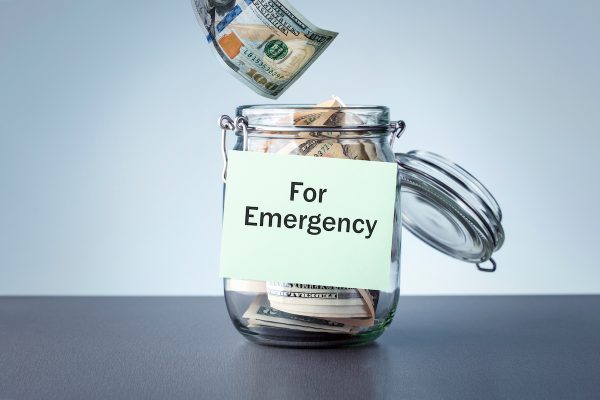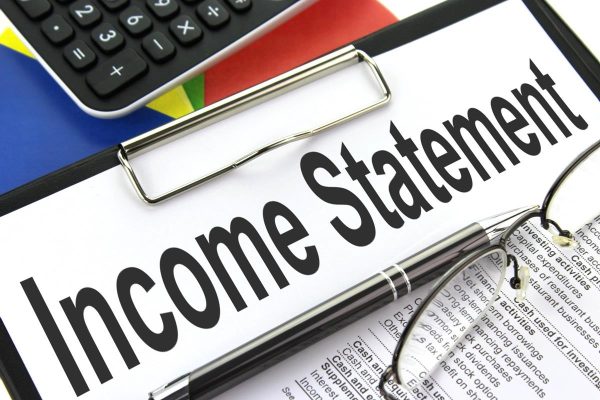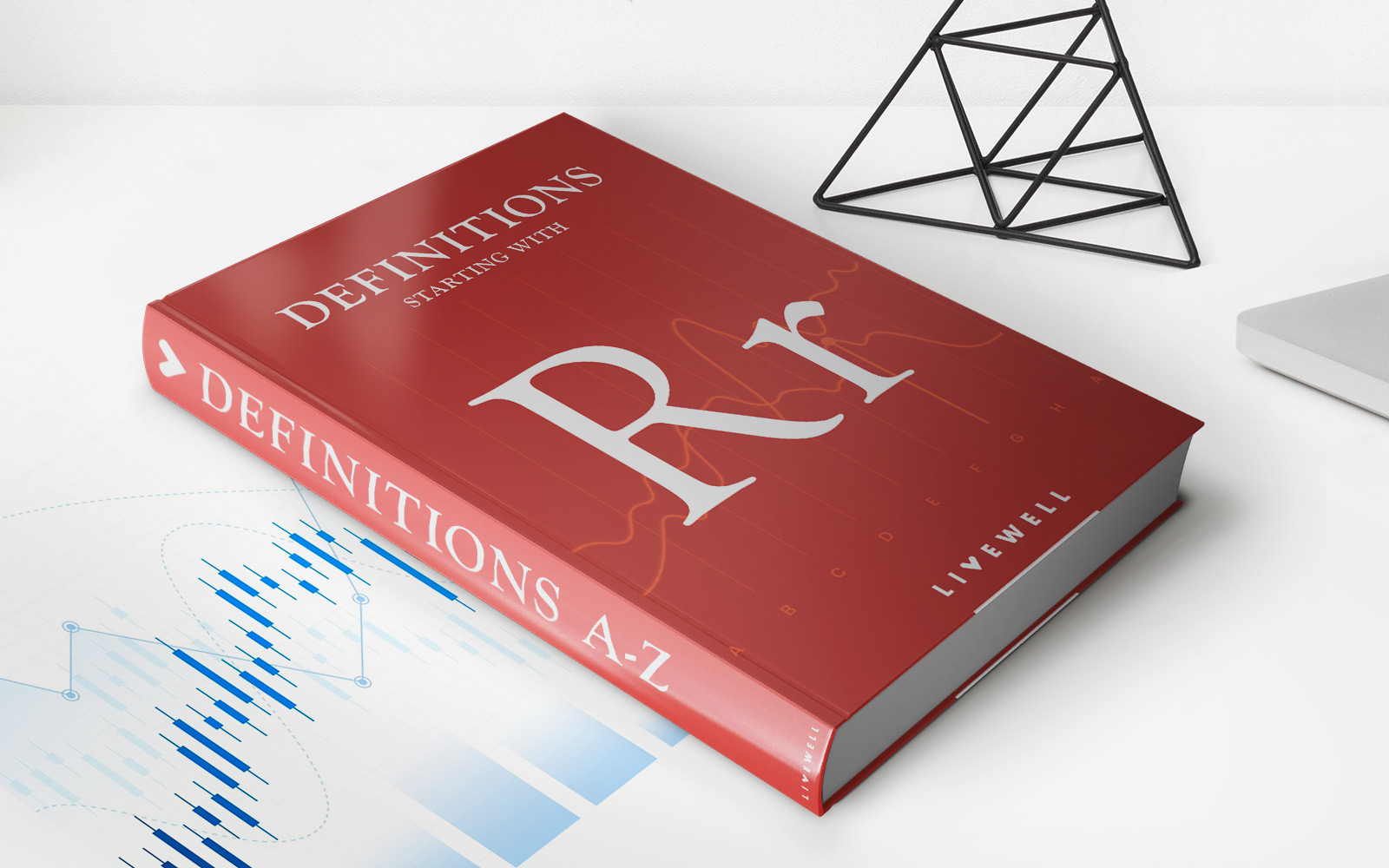Home>Finance>What You Need to Know About Navigating Emergency Funds


Finance
What You Need to Know About Navigating Emergency Funds
Published: February 27, 2024
Discover essential tips for managing emergency funds, including how to start, how much to save, and strategies for building a financial safety net.
(Many of the links in this article redirect to a specific reviewed product. Your purchase of these products through affiliate links helps to generate commission for LiveWell, at no extra cost. Learn more)
Table of Contents
Emergency financial requirements often refer to unexpected financial needs that require an instant solution. This is where loans and other financial implications come into play. Finding an alternative loan becomes necessary in such circumstances to quickly access the required financial resources.
Understanding Flexible Loan Solutions for Emergencies
When it comes to addressing urgent financial needs, several loan options are available. These may include personal loans, which provide flexibility, as they can be used for multiple purposes, including emergencies that might result in financial distress. They generally have fixed interest and repayment rates, meaning the borrowers can monitor their finances over the planning period. Another good alternative would be credit card cash advances, which allow cardholders to pull funds from their credit line.
They offer convenience, but usually at a high cost in the form of high-interest rates and fees, which makes them too expensive for short-term money needs. However, these have a massive advantage, as some come with a $500 cash advance no credit check, which can be helpful in times of urgent need. Payday loans are also short-term options with high interest, which borrowers can use to cover their expenses until they receive their pay. These offer a convenient way of obtaining cash but with the disadvantage of high fees and must be dealt with carefully.
Comparing Loan Options
Many loans are available in the market, leaving us with the question of which loan we should select. Be it a venture that needs financing for a business or a house, borrowers ought to make the right choice. These are some of the aspects you should consider while trying to choose among different loan options.
Interest Rates
It is crucial to comprehend the different kinds of interest rates when choosing which loan option is the best. Fixed interest rates remain unchanged during the loan period, so they offer stability and certainty. Conversely, floating interest rates rise and fall with the market movement, creating the prospect of saving more on payments and the risk of more payments. The interest rate, which is the price of acquiring money, is just one component of the APR, which incorporates extra fees so that one gets a more accurate view of the loan’s price.
Application Process
The loan application process could differ based on lenders and loan types that are offered. But it tends to be more or less the same for many institutions.
Online vs In-person
Many lenders now allow borrowers to complete online applications, which provides application ease and effectiveness. This is especially convenient for those who are further from the firm they want to acquire a loan from.
Documentation Required
Applicants must provide multiple documents, like proof of income, ID card, or financial records when applying for financial support. This helps the lender ensure the security of their funds and can find you in case something comes up.
Approval Time
The speed of loan approval is essential, primarily for urgent financial matters. Seeing that you are looking for some quick emergency funding, you’ll need a firm that can process the order as quickly as possible. Some dealers do the financing soon, while others take more time to analyze and approve the loan applications.
Approval Probability
The knowledge of those who determine the approval of loans aids borrowers in evaluating their probability and finding the best lender. It is essential to shoot for something achievable in the heat of the moment rather than take up a process that will most likely end up in vain.
Extra Fees
Borrowers also have to pay attention to other charges on the loan, in addition to interest rates. There might be a few charges that may be included in the loan borrowing process.
Tips for Saving Money
Establishing automatic transfers into a specified savings account and cutting back on non-essential expenditures are two ways to save towards the emergency fund in the long run. Protect your income by setting aside three to six months’ worth of your monthly expenses in reserve for any unexpected emergency costs. There are a few ways you can go about this to have enough for an emergency fund.
Creating a budget
Budgeting realistically is central to managing finances capably. Assess your income and expenditures and put some money aside for vital expenses, including rent, food, transportation, and savings.
Tracking expenses
Maintain track of your expenditures by adopting budgeting apps or spreadsheets. Analyzing your expenses at frequent intervals enables you to identify areas where you can cut out expenses to increase the budget for savings.
Exploring side hustles
Think about undertaking a side hustle or part-time gig to pull through financially, whether you are writing freelance articles, tutoring or driving for a rideshare company, the opportunities for making that extra cash in your free time are plentiful.
Freelancing options
If you have a particular skill, freelance work is an ideal way of earning extra income. Sites such as Upwork and Fiverr bring in freelancer-client connections and provide independence and flexibility for the former.
Insurance Coverage
Purchasing insurance policies will be as effective as any other form of saving to have something against you. Health insurance is just one of many examples, including auto insurance, homeowners, and renters insurance, that are designed to minimize the financial consequences of unforeseen events, ensuring that you have a smoother time in your period of need.
Importance of insurance
The advantages of having good insurance coverage are plenty because they protect your budget and wealth. While the premiums seem expensive at first sight, the level of assurance and the protection they give in the event of the occurrence of any of the provided disasters are priceless.
Prioritizing Expenses
Differentiation between needs and wants is crucial. Prioritizing your expenditures is crucial if you suddenly find yourself in that abnormal office supply store line. Make a clear distinction between basic needs and optional wants and try to cover primary needs first rather than deterred by non-essential items.
Why Emergency Funds Matter
Protecting Financial Stability
Emergencies tend to devastate your finances and result in stress and uncertainties of what is to come. Emergency money is the safety net that helps you feel secure, knowing that the future modest but necessary fluctuations are covered.
Avoiding Debt
The abruptness and surprise, in many cases, will make people resort to credit cards or high-maintenance loans to cover expenses they were not prepared for. This often results in paying back expensive debts that cannot be repaid. Possessing a buffer money for unforeseen circumstances allows you to keep from over-borrowing.
Endnote
Creating and keeping an emergency fund is an important financial planning step. With this process and by staying disciplined, you will be able to handle emergencies calmly and in security with confidence because you have safeguarded your finances.













